
Dairy Crest has reported its full-year results for the 12 months to 31 March 2014. Its revenue was up by 1% to £1,391m, while adjusted pre-tax profit was increased by 31% to £65.3m, helped by some property sales.
We caught up with CEO Mark Allen earlier today. Here’s our pick of 10 key facts and figures from our conversation with him and the Dairy Crest results release.
1. Dairy Crest has entered into exclusive talks with one partner on its Davidstow whey venture, which will see it enter the infant formula market for the first time. The company was expected to announce the name of its partner today, but the contracts have not yet been signed. Mark Allen tells us he expects to announce the name “over the next couple of months”, most likely around Dairy Crest’s AGM.
2. The current supermarket price wars – especially the move to £1 for four pints – have hit doorstep milk deliveries “a little bit”, but overall the impact has been limited, says Allen. While there have been some price cuts, some products have gone actually gone up in price, he points out. “The price competition is perhaps not as fierce as some headlines would have you believe.”
3. The full launch of long-life Frijj has been pushed back as a result of upgrade work to Dairy Crest’s production facilities. It is now expected to “take place in the year ending 31 March 2015,” the company says. “This will allow us to grow Frijj sales into convenience and other outlets where less refrigerated storage is available.”
4. Sales of Country Life Spreadable have surpassed those of Country Life block butter for the first time. “Country Life spreadable grew sales and volumes, outperforming the market and other spreadable brands,” Dairy Crest says. “However, higher cream prices for most of the year increased the cost of Country Life block butter and we chose to promote it less.”
5. Cathedral City’s market share of the retail cheese market has increased to 11%, up from 10% in 2012/13. Sales of the brand grew 12% by value and 9% by volume, against flat value sales and a 3% volume decline across the wider market. It’s a “simply stunning” performance, Allen says.
6. Higher farmgate milk prices meant Dairy Crest had to spend an extra £45m on its milk in 2013/14. “For most of the year, these higher costs have been recovered from higher cream selling and transfer prices (from our spreads operations), and higher selling prices to our customers,” the company says. “In a tough consumer environment increasing selling prices was not easy and we chose to stop supplying some smaller customers who were not prepared to pay higher prices.”
7. Following the sale of its St Hubert spreads business last year, Dairy Crest looked at M&A opportunities but didn’t find a suitable match. “We gave thorough consideration to doing so but to date we have not identified any opportunities which could provide the attractive returns which we can achieve by continuing to invest for growth in our existing business,” it says.
8. The company remains “absolutely committed” to the dairy industry’s voluntary code of practice on milk contracts. Allen issued a stern press release after rival Arla cut its farmgate milk price with just three days’ notice earlier this year. “We think it’s wrong to give three days’ notice – we don’t think it’s fair,” he says. “We are very supportive of the code and we will not deviate from giving farmers one month’s notice, but we are also very clear we are firmly opposed to having different rules for different companies.”
9. The impact on the UK of EU milk quotas being removed in 2015 will be limited, Dairy Crest believes. “Consumer preferences and the economics of milk transportation make it unlikely that liquid milk will be imported into the UK. It is possible that some additional cheese produced in Ireland, for example, may be exported to the UK but other global markets may well be more attractive. If more cheese was to be imported into the UK it could put downward pressure on commodity cheese prices and farmgate milk prices. However, we anticipate that our market-leading Cathedral City brand will continue to perform strongly.”
10. 2013/14 was a “year of consolidation” for Dairy Crest, says Allen. The outlook for 2014/15? “More of the same.”
Read more on Dairy Crest’s financial results, including analyst reactions.








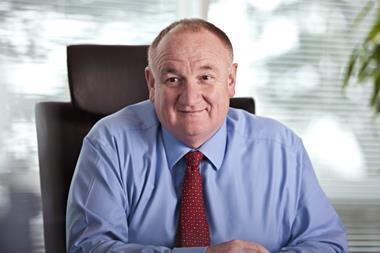
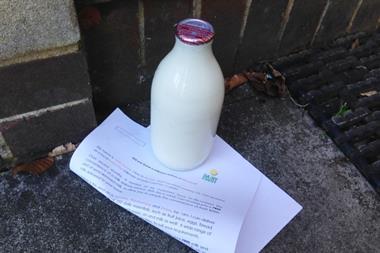
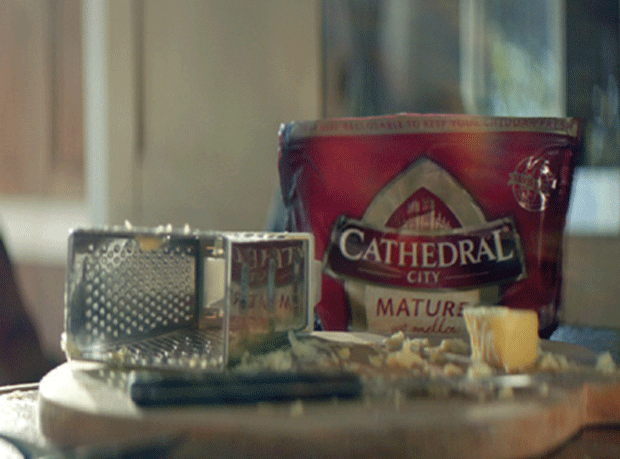
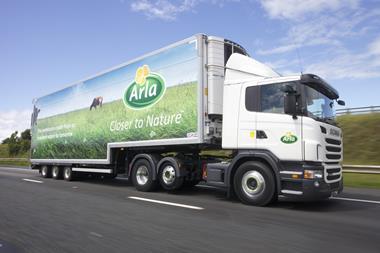




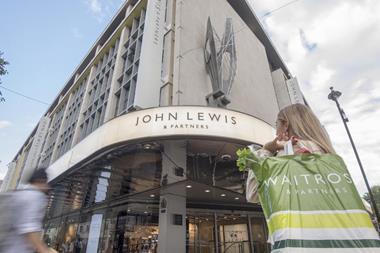
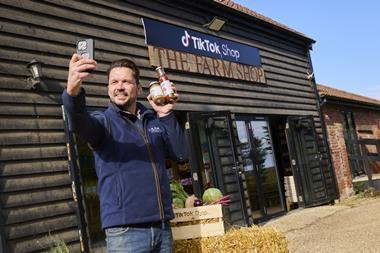

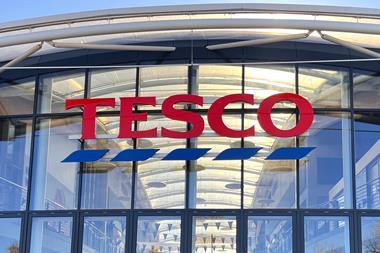
No comments yet